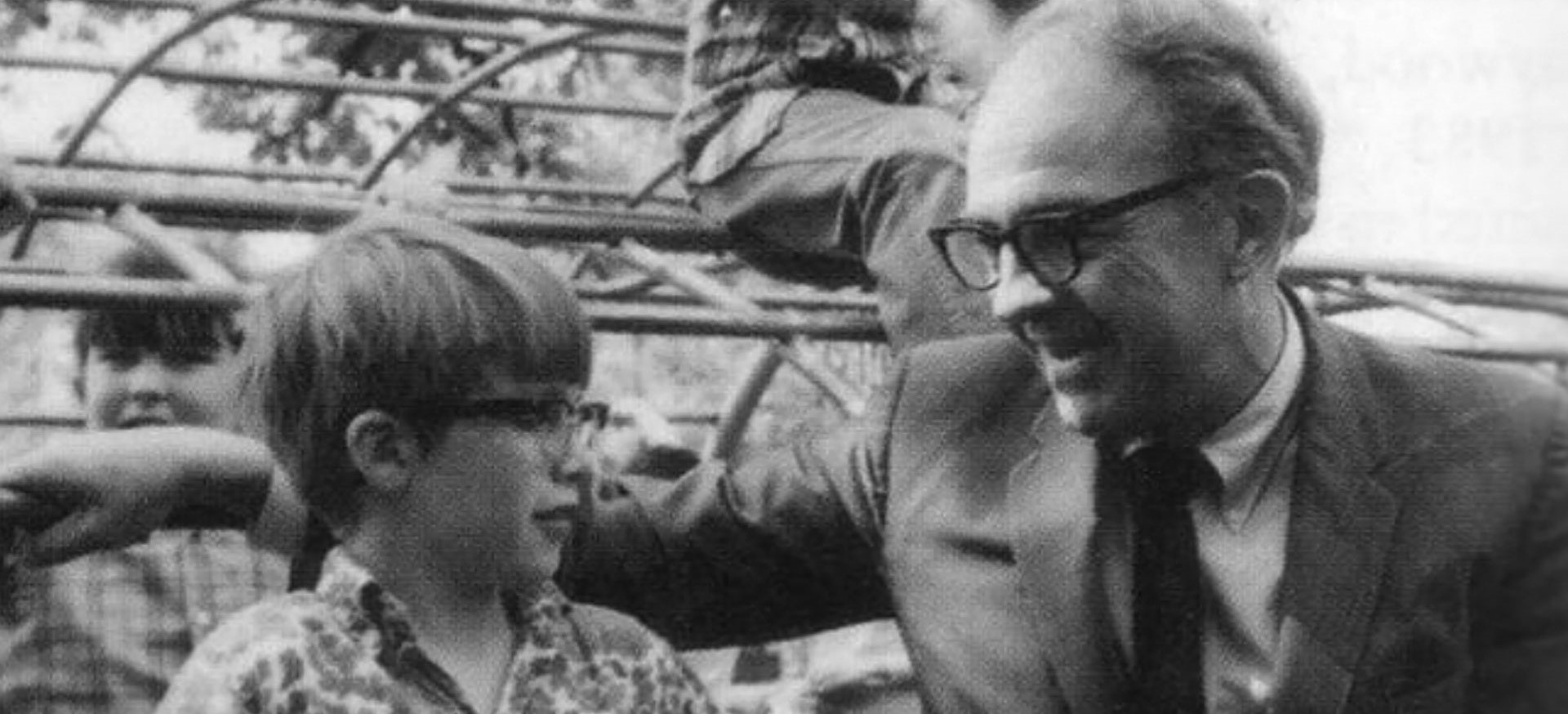Re-EDucation, or Re-ED, is a systematic approach to working with children who have mental health and behavioral issues. Re-ED focuses on discovering and building upon the existing strengths of children – not dwelling on their weaknesses or deficiencies so that these positive attributes will ultimately occupy more of their being.
The success of the Re-ED model, in particular, is rooted in the abilities of dedicated teacher-counselors to build trusting relationships with students – relationships that inspire confidence, hope, empathy and resiliency.
When asked to describe the Re-ED philosophy, Dr. Nicholas Hobbs, its architect, identified these 12 principles:
- Life is to be lived now, not in the past, and lived in the future only as a present challenge.
- Trust between the child and adult is essential, the foundation on which all other principles rest, the glue that holds teaching and learning together; the beginning point for re-education.
- Time is an ally, working on the side of growth in a period of development when life has a tremendous forward thrust.
- Competence makes a difference; children and adolescents should be helped to be good at something, and especially at schoolwork.
- Self-control can be taught and children and adolescents helped to manage their behavior without the development of psychodynamic insight; symptoms can and should be controlled by direct address, not necessarily by an uncovering therapy.
- The cognitive competence of children and adolescents can be considerably enhanced; they can be taught generic skills in the management of their lives as well as strategies for coping with the complex array of demands placed on them by family, school, community, or job; in other words, intelligence can be taught.
- Feelings should be nurtured, shared spontaneously, controlled when necessary, expressed when too long repressed, and explored with trusted others.
- The group is very important to young people; it can be a major source of instruction in growing up.
- Ceremony and ritual give order, stability, and confidence to troubled children and adolescents, whose lives are often in considerable disarray.
- The body is the armature of the self, the physical self around which the psychological self is constructed.
- Communities are important for young children and youth, but the uses and benefits of community must be experienced to be learned.
- In growing up, a child should know some JOY in each day, and look forward to some joyous event for the morrow.
Re-ED is a state of heart as much as a state of mind – as much spiritual as it is intellectual. That’s how Dr. Frank Fecser, who served as PEP’s CEO for two decades, characterizes Re-ED.
“It begins with an attitude of unconditional caring – not just for troubled and troubling children, but for all people,” Fecser once wrote. “It incorporates a sense of limitless hope sprinkled with naiveté and energized by boundless enthusiasm. When it comes to children, Re-ED is blind in one eye and has stars in the other. Re-ED never says never. Re-ED is not good at finding the disease or sickness or weakness in people. Re-ED targets personal strengths and builds on them. Re-ED sizes up what’s working, what’s resilient, and then nurtures that part so that it takes up more and more space in a child’s life.”
Click here for a printable flyer of the 12 Re-ED principles.
